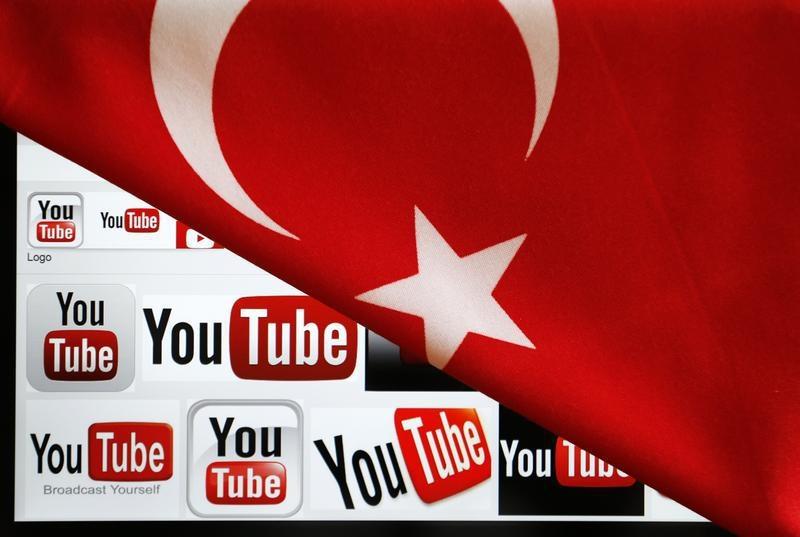The day of May 6th 2014, bears important consequences for the enrichment of freedom of speech and democracy in Pakistan. A resolution demanding the initiation of immediate steps to lift ban on YouTube was passed unanimously by National Assembly of Pakistan, with a heavy majority. After a 3rd time ban of 11 months, and a long lasting debate regarding the banning or restoration of YouTube in Pakistan, finally the issue was brought in the National Assembly. Though the resolution and the scenario in this regard seem positive yet there are still questions on the implementation of such measures, according to many critics.
Pakistan is the country known for its long live democracy and freedom of speech. The electronic and print media were granted special liberty by the end of 2000. However, the banning of YouTube on religious grounds, have raised so many questions in the minds of people, internationally. According to the critics, banning YouTube doesn’t only mean banning just a website, but it also became the source of problems for professionals belonging to different fields.
The time when adoption of telecommunication technology in Pakistan is at peak and multinational telecommunication companies in the country are acquiring 3G and 4G technology, the banning of YouTube is the source of shame for the nation. At one hand, we are raising our technological and connectivity standards to a global level and on the other hand, we are blocking this connectivity and technology. The banning of YouTube has been a serious and controversial issue not just in Pakistan but in many other parts of the world as well, including Middle East, China, Iran and some African states.
The issue was not started with the posting of blasphemous content on YouTube by certain western groups; rather, it has been present in the regions of the world so long. Islamic states that follow and impose strict Islamic policies and commands, don’t like the idea of allowing internet connectivity to be availed generally and in a wide spread manner. The banning of porn websites, adult content sites, websites displaying literature against Islam and Islamic values, web channels, video sharing websites etc in various countries, is the proof of this fact that troubles in the way of freedom of speech and freedom of press, are widespread and have been there since long.
Faced with the extensive Islamisation of the Internet, Pakistani activist entities such as Bytes for All are protesting and struggling against state censorship policies, particularly the banning of social media websites like Facebook, which was momentarily banned when caricatures of the Prophet Muhammad [PBUH] were found on the site. Facebook and YouTube is the significant channel in Pakistan, so they have a sort of agreement that whatever authorities ask them to block, they would be willing to block it. So, you see a lot of human rights pages are blocked in Pakistan, they are not blasphemous, and they have nothing like nudity or unethical content to be displayed. This implies significant pressure or influence of the government on both electronic and print media.
But in a profoundly conservative country, the authorities do not essentially have to expurgate online content – it can just rely on a committed group of individuals who are against the Internet freedom to do the job.
A current study conducted by the US-based Pew Research Center revealed that Pakistanis were least supportive of access to the Internet with no government censorship amongst 24 rising and developing nations. The study also demonstrated that while 89% in Venezuela and 86% in Lebanon supposed governments should not bowdlerize the Internet, in Pakistan the figure was just 22%.
This implies that government is not the only power behind the blockage of internet connectivity, the mindsets and orthodox values of the population also contribute a lot in creating hindrances in the way of spreading technology.
With the anonymous passing of the resolution in favor of lifting ban on YouTube by the Pakistani parliamentarians, the ball is in the government’s court and both human rights groups and Pakistan’s press are looking forward to see the positive outcomes in this regard. Most importantly, a lay man, who uses YouTube and internet technology for a professional purpose, is eagerly waiting for any such move.


